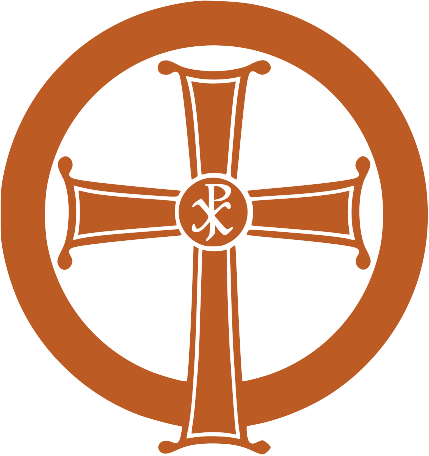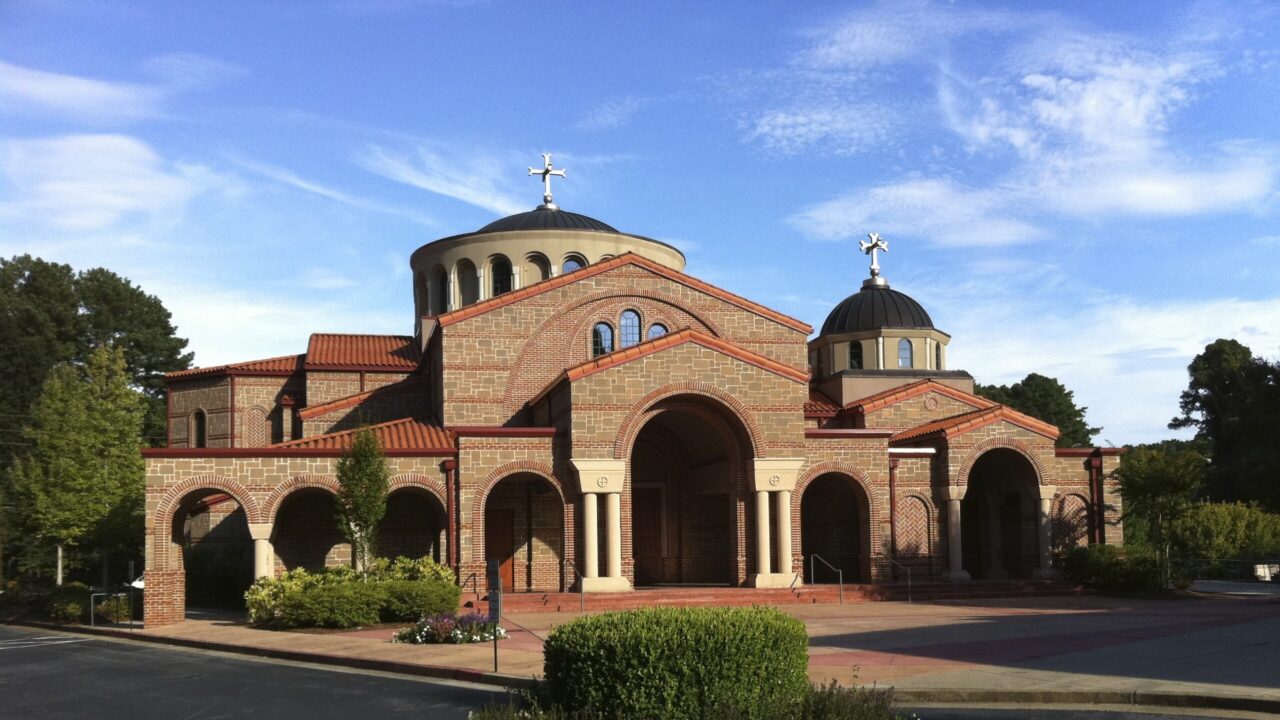By Fr. Panayiotis Papageorgiou, Ph.D.
As Christians, we are often called to express an opinion on political and social issues and we many times find ourselves wondering what it is that we should stand for according to our Orthodox Faith. Such a case is the issue of war:
Should we stand in favor of war or against it?
Is it possible that war may be justified at times?
Is it possible that killing may be justified in certain cases?
These are serious issues which need to be understood better, so that Orthodox Christians may know where the Church has always stood before they take their personal stand.
It is true that with the growth of nationalism in the 19th and 20th centuries, entire nations rose up against their oppressors and individual Orthodox clergymen many a time endorsed armed struggles and the use of force for liberation. Some of them even participated in the actual armed struggles.
However, we cannot find any official decisions from the Synods of the Orthodox Churches sanctioning these wars, or any kind of killing, because of a strong Orthodox Christian theological background which points in the opposite direction.
Beginning with Christ’s injunction to love one’s enemies and the proclamation “Blessed are the peacemakers, for they shall be called sons of God,” (Matt. 5:9) to his rebuke of Peter, “Put your sword back into its place; for all who take the sword will perish by the sword,” (Matt. 26:52) to the non-resistance of the martyrs through the centuries, the conscience of the Church developed a non-violent response to violence.
This conscience is reflected in the Holy Canons (decisions of the Great Councils), which forbid anyone who killed, even defensively, to become a priest, while they impose a penance of several years of no communion on anyone who killed at war. In this way the Church has laid out her understanding that life is sacred under all circumstances. Christ came to bring peace on earth and no killing is admissible for those seeking to enter the Kingdom of God.
But, today, we live in a multicultural and multireligious society shaped primarily by western Christian theologies, so we frequently encounter western theologians and thinkers referring to the Church as having endorsed war and killing. Of course, these people are really thinking of the Roman Catholic Church with its Crusades, and the later reformers and counter reformers, Protestants and Catholics, who fought for hundreds of years in Europe and elsewhere over issues of faith, leaving behind them a river of human blood along the centuries. Europe was literally soaked with Christian blood shed by Christians in the name of Christ, especially in the 16th, 17th and 18th centuries.
What these people don’t tell you (or perhaps are not even aware of), is that the Orthodox Church had no part in any of those wars and always held a very different outlook.
The Orthodox Christians in the East, accepted centuries of suffering under both the Crusaders and the Moslem Arabs and Turks, and more recently the atheist Communists, without ever advocating rebellion or killing of the overlords. There is no official document or teaching in any of the writings the Saints and theologians of the Orthodox Church, or the Synods of bishops or the Patriarchs of all times, calling for the killing of the enemy or the overthrowing of a government. There is no time when the Orthodox Church advocated any kind of war as “just war”. On the contrary, the Fathers of the Church have considered every war as a “civil war”, for it takes place within the human race.
The Early Fathers, saw the Church and State as two different entities, with the Church as the one with the prophetic voice moderating the behavior of the State. This is the main reason that the Holy Canons forbid clergymen from holding political office. This is also the reason that the Church has struggled through the centuries to remain free from any direct alignment with the State, and we know that whenever that happened, even for a brief time, she suffered tragic consequences, with loss of life and destruction.
Since the Orthodox Church has always looked at the world as fallen, she has tried to distance herself from the State (which rules over the fallen world) while still accepting its authority as given from God. She accepted protection, but never endorsed violence or war as a means for the propagation of the power of the State or even of the Faith.
A classic example of a bold renunciation of such violence was the imposition of penance by bishop Ambrose on the Emperor Theodosios I in the year 390 A.D. for the killing of thousands of rioters in Thessaloniki by the imperial troops; the Emperor, who accepted responsibility, was forbidden to enter the Church until his penance was over.
With all this in mind, we should perhaps look at the world around us in a different light. Modern forms of crusading or nationalistic wars and bloodshed over land, wealth or power are not acceptable to us. They do not represent the Tradition of the Orthodox Church and are a distortion of authentic Christianity.
The Orthodox Church, as the Kingdom of God on earth, should regain its prophetic voice and use it to correct existing ideologies and again moderate the aggressive behavior of the State, wherever it resides.

